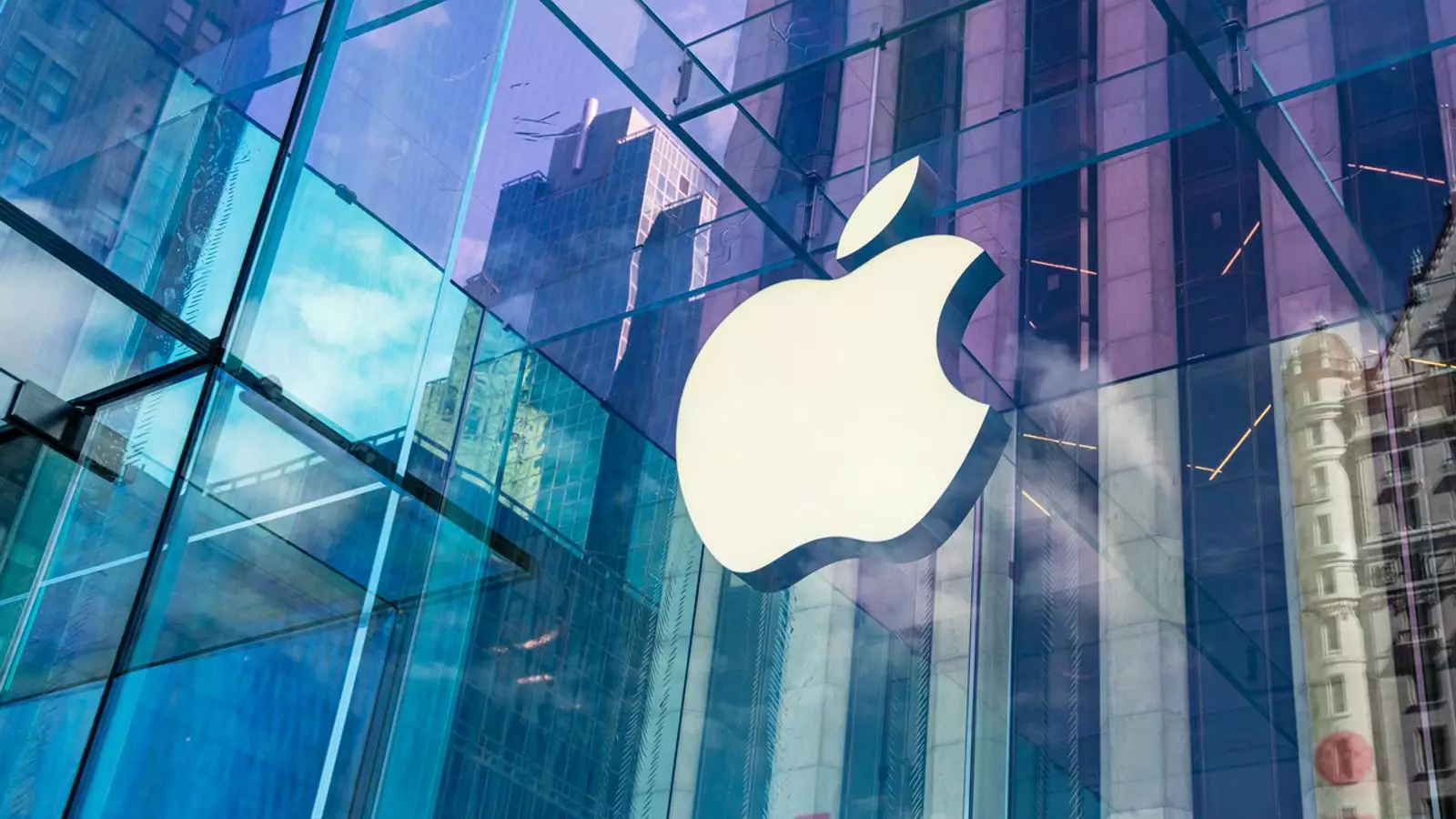The burgeoning conflict between technological advancements and governmental intervention is exemplified by recent reports that the UK government has mandated Apple to grant access to encrypted user data stored globally on its cloud platform. This controversial move reflects an ongoing struggle over digital privacy rights, government surveillance, and the technological tools that are designed to protect user data.
Understanding the Encryption Controversy
At the heart of the issue lies Apple’s commitment to user privacy through its end-to-end encryption technology. This robust system ensures that only the individual user has access to their data; neither Apple nor any external entity can decipher this information. By issuing a Technical Capability Notice (TCN), the UK government is essentially challenging Apple’s framework of privacy and pushing for the decryption of data that it claims could be pivotal in various law enforcement activities.
Proponents of the government’s stance argue that the ability to access encrypted data is essential to combat serious issues such as cyber crime, child exploitation, and organized crime. The Home Office posits that by being able to proactively access information, they can protect vulnerable populations and enhance overall public safety. However, this assertion raises eyebrows about the potential overreach of governmental authority and the erosion of individual privacy rights.
Civil liberties advocates vehemently oppose the idea of breaking encryption, asserting that it would not just undermine privacy but could also endanger whistleblowers, journalists, and dissidents who rely on encrypted communications for safety. The concern is palpable: if governments are allowed to access encryption keys, the authorities may misuse or overextend their reach, jeopardizing the fundamental rights of countless individuals.
Moreover, the potential for other governments, especially those with authoritarian tendencies, to leverage similar demands from tech companies is alarming. Countries like China and Russia may exploit such precedents to compel Western firms to hand over sensitive user information, further threatening global privacy standards.
Under its Advanced Data Protection (ADP) protocol, Apple ensures that certain types of data stored in its cloud remain exclusively accessible to users, illustrating the company’s commitment to maintaining a fortified barrier against unauthorized access. As a leader in privacy-centric technology, Apple asserts that its encryption methods provide an almost impenetrable shield against breaches.
However, critics argue that the company’s privacy-first approach is now being tested in the court of public opinion. The debate extends beyond mere technicalities; it stirs ethical dilemmas regarding the balance between public safety and individual rights. If the UK effectively mandates this access, it could set a worrying precedent that paves the way for further encroachments on digital privacy in other jurisdictions.
The current tensions echo ongoing discussions since at least 2017 when public officials, such as former Home Secretary Amber Rudd, openly expressed their desire to penetrate encrypted communications without fully grasping the technological complexities involved. Exacerbating this situation is the UK’s Investigatory Powers Act of 2016, which claims comprehensive authority over tech companies, irrespective of their geographical bases. The broad interpretation of the Act raises questions about international law and the rights of companies operating beyond UK borders.
Moreover, the implications of these orders are far-reaching; they potentially position the UK as an arbiter of global digital governance, stirring relational tensions with both the European Union and the United States. Apple has raised alarms over this very issue, warning that such regulatory authority could undermine international human rights standards and conflict with rulings, including those from the European Court of Human Rights.
As digital landscapes evolve and society becomes more dependent on technology, discussions regarding encryption will likely intensify. The interplay between national security demands and the imperative of individual privacy creates a complex but necessary dialogue. While Apple’s position highlights the need for stronger privacy protections, the government remains focused on its fundamental duty to protect its citizens.
Ultimately, this conflict signals an urgent need for clearer standards regarding data privacy and government surveillance. The future will necessitate a nuanced approach that respects the fundamental rights of individuals while balancing the imperative of safeguarding public welfare. Both tech companies and governments must engage in thoughtful dialogue, acknowledging the inherent complexities of technological safeguards and societal responsibilities.

Leave a Reply